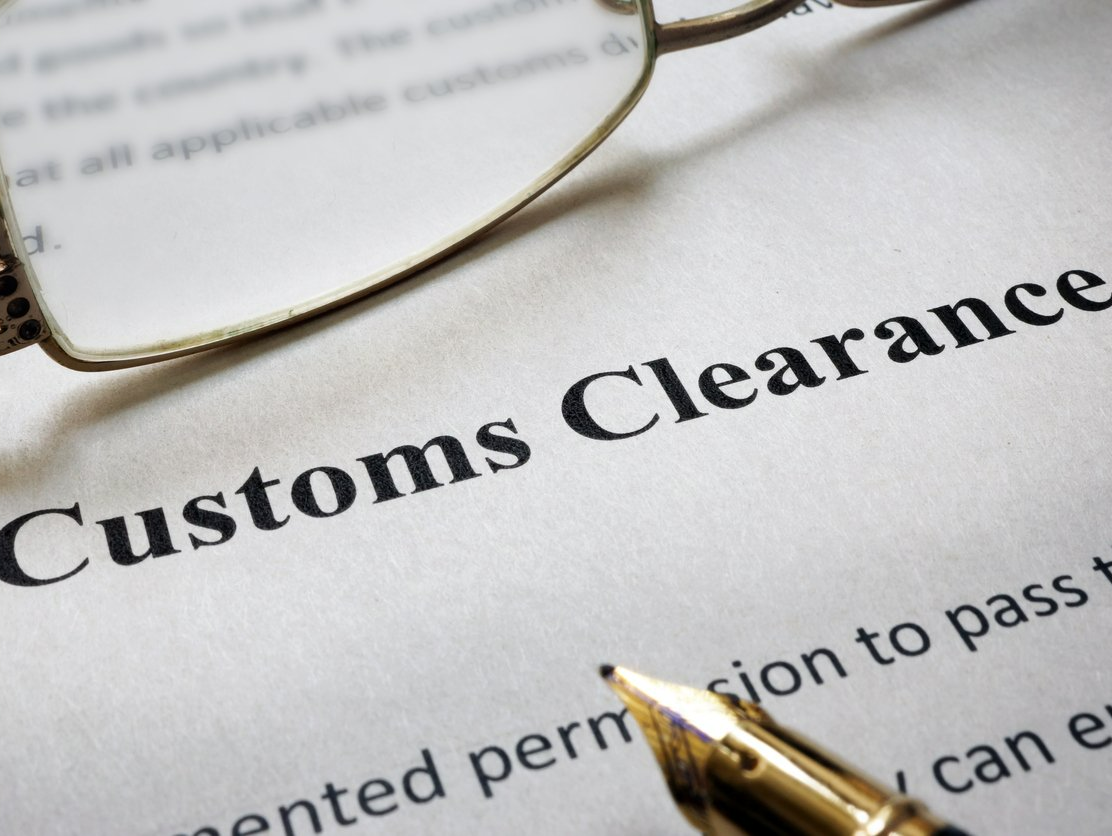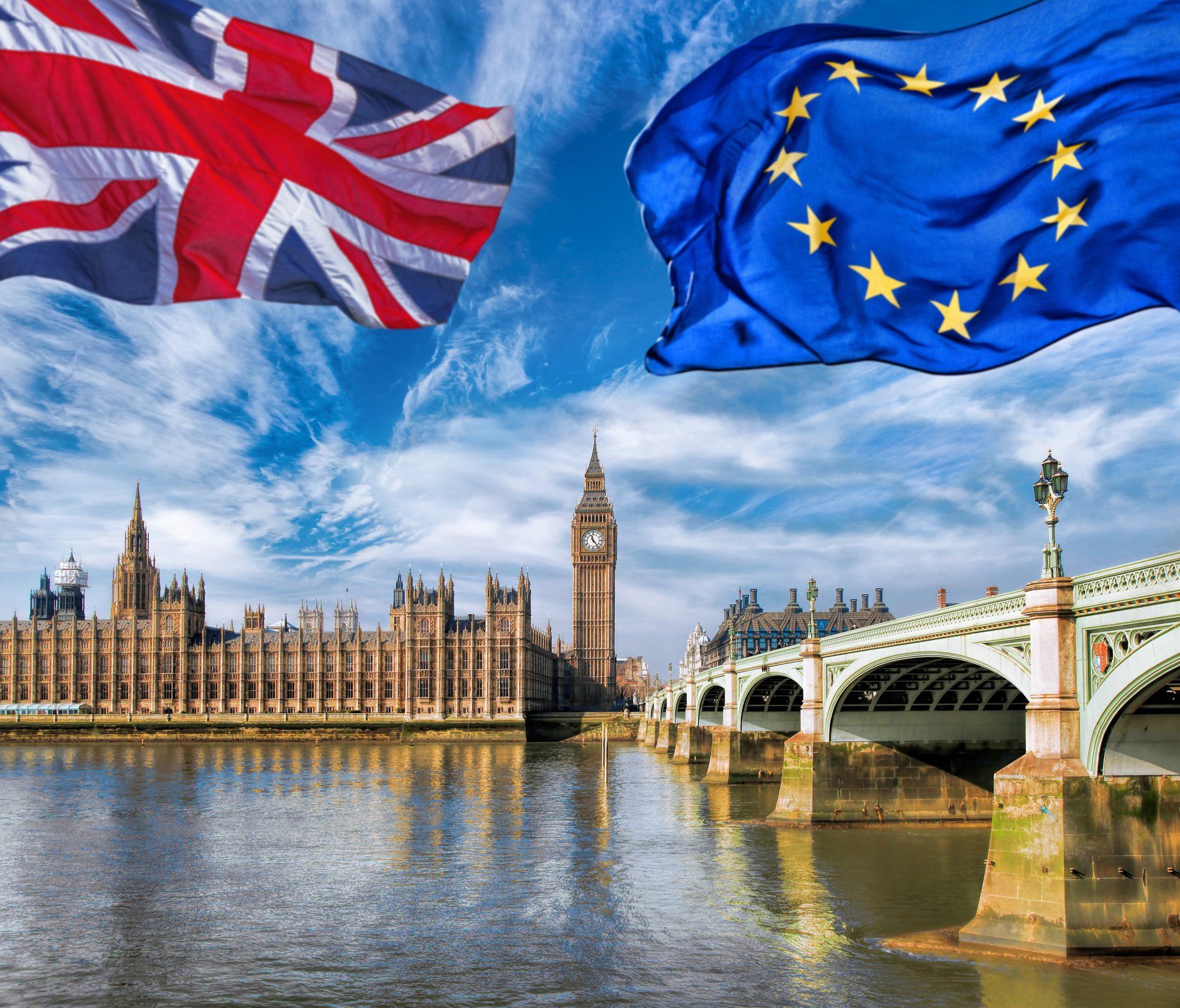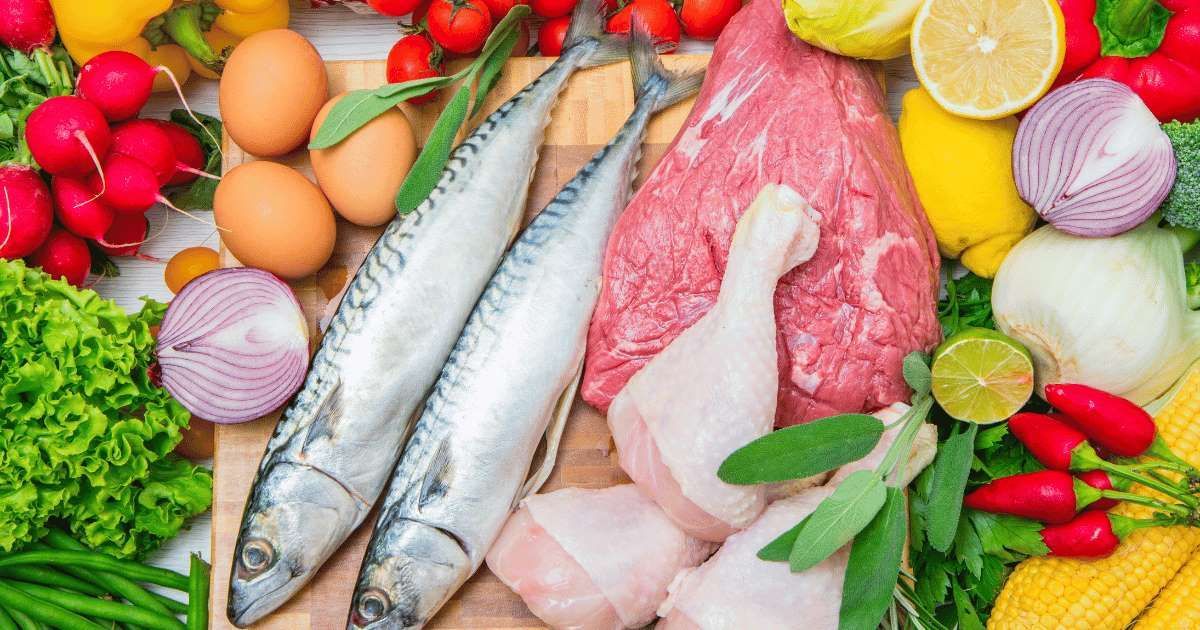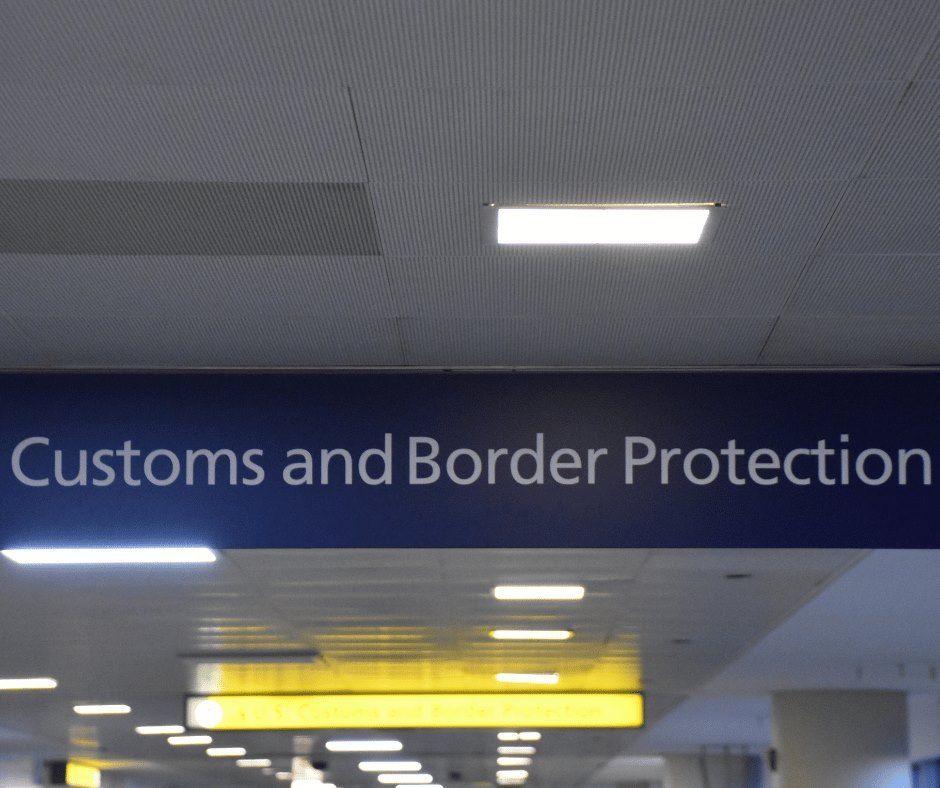Advance Valuation Ruling Service
HMRC launches the Advance Valuation Ruling Service to give importers legal certainty that their chosen customs valuation method is correct.

New Advance Valuation Ruling Service (AVRS)
HM Revenue and Customs (HMRC) launched their new Advance Valuation Ruling Service (AVRS) in April 2023. HMRC believe the new service gives importers legal certainty that their chosen customs valuation method is correct.
Customs Valuation
When importing goods into the UK, importers must work out the value of their goods to use when working out Customs Duty and import VAT. HM Revenue and Customs (HMRC) call this value the customs value. The customs value of goods is a key element in determining the amount of Customs Duty and taxes that will be payable. Import customs duties can be designated in either specific or ad valorem terms or as a mix of the two. The valuation used for most imports for customs purposes is the Transaction Value, which is the price actually paid or payable for the goods. The Transaction Value includes the invoice price of the goods plus the cost of transport and insurance. It also includes any other payments made or to be made for the imported goods.
What are the Valuation Methods?
There are six methods to determine the value of goods:
Method 1: Transaction Value - Based on price paid or payable by the buyer to the seller.
Method 2: Transaction Value of identical goods - Based on the transaction value of identical goods.
Method 3: Transaction Value of similar goods - Based on the price paid for goods which are similar.
Method 4: Deductive Method - Based on the selling price in the UK of the goods.
Method 5: Computed Method - Based on the costs of production of the imported goods.
Method 6: Fall-back Method - Based on adapting methods 1 to 5 flexibly (unusual circumstances).
Customs Valuation Definition
Customs valuation is a customs procedure applied to determine the customs value of imported goods. The import customs declaration will contain additional information and these factors may influence the price paid. For example, the import customs declaration would show if the buyer and seller are related. In which case Transfer Pricing may influence the price paid for the goods and the duties payable.
Customs value used to calculate VAT
HM Customs and Revenue state that importers must base their valuation of imported goods for VAT on the customs value for duty. Importers must do this even if there’s no duty payable. Importers must add the following to the customs value to arrive at the value for Import VAT:
- all incidental expenses such as commission, packing, transport and insurance costs incurred up to the goods’ first destination in the UK
- all such incidental expenses where they result from transport to a further place of destination in the UK if that place is known at the time of importation
- any Customs Duty or levy payable on importation into the UK
- any excise duty or other charges payable on importation into the UK (except the VAT itself)
Valuation Evidence and Record Keeping
HM Revenue and Customs state that importers must produce any documents and information about their imports that a customs officer needs. Importers may also need to let a customs officer inspect or take extracts from any relevant document.
You must keep these documents and information for at least 4 years.
HMRC Press Release
HMRC have stated the following in their press release:
Traders will apply online for an Advanced Valuation Ruling where HMRC will confirm the method used to calculate the value is correct. It is legally-binding for 3 years and the trader will use this information to calculate the value of their goods on their import declaration.
The system is part of the government’s vision to deliver a modern, digital customs service, providing traders with peace of mind and making it simpler to work out costings ahead of shipments.
Aidan Reilly, HMRC’s Director of Customs Policy and Strategy, said:
AVRS will make a real difference to UK importers by stripping away uncertainty and reducing their administrative burden.
The new service legally guarantees the trader’s valuation method is correct making it quicker and easier to manage customs.
It will complement our existing tariff and origin services to give traders more certainty on the cost of importing their goods, making it easier for them to budget.
The AVRS brings the UK in line with other countries, including some Free Trade Agreement (FTA) partner countries, who already offer such a service.
The UK currently offers legally-binding decisions for:
- Advance Tariff Rulings – these provide legal certainty on the correct commodity code, which can then be used to determine the correct duty and taxes.
- Advance Origin Rulings – these provide certainty on the economic nationality of goods, when importing and exporting. For imports, this provides legal protection against any UK customs authority challenging the country of origin of the product. There are two types of origin: preferential (which feature in the UK’s trade agreements) and non-preferential.
- Binding Tariff Rulings – these provide legal certainty on the correct commodity code for importing into the EU or Northern Ireland.
- Binding Origin Rulings – these provide legal certainty on the economic nationality of goods when importing or exporting from Northern Ireland.
Using AVRS is not mandatory. After an application is made for AVRS, HMRC will confirm the application has been accepted within 30 days and the correct valuation method within 90 days.
Further assistance with import valuation methods
We can provide further advice and guidance regarding import valuation methods to ensure that your import customs declarations are correct. For more information, please contact our company on 0118 932 8447 or by e-mail: info@icsglobalservices.co.uk




